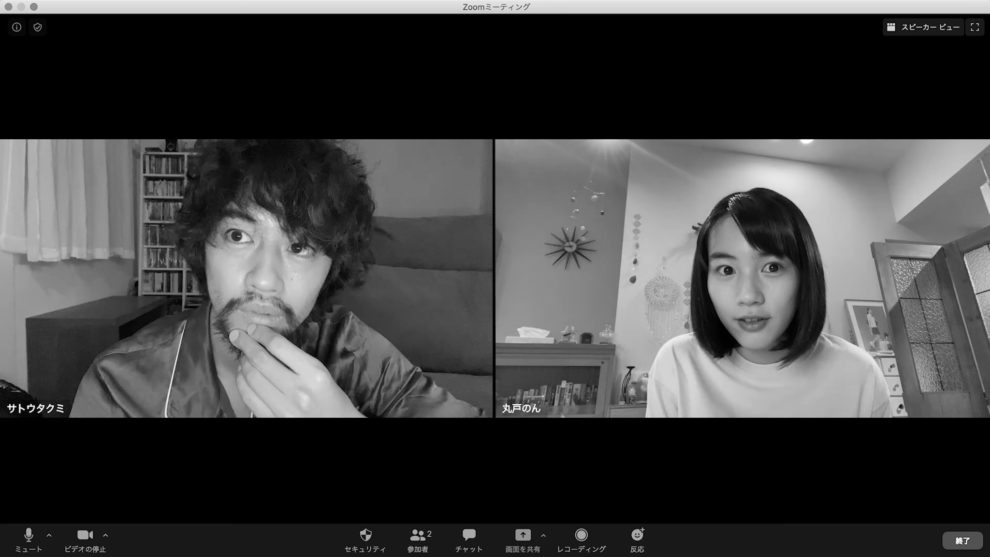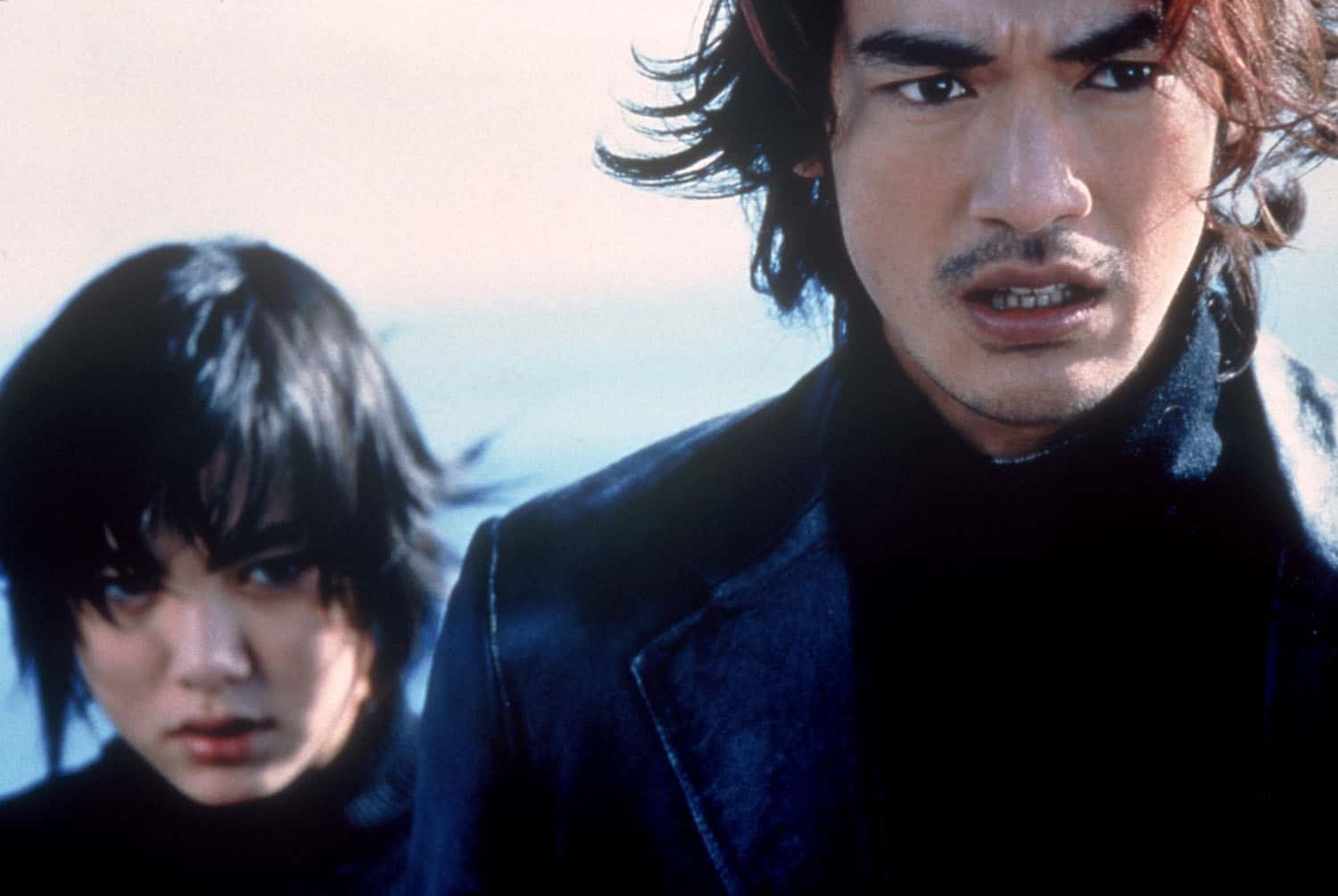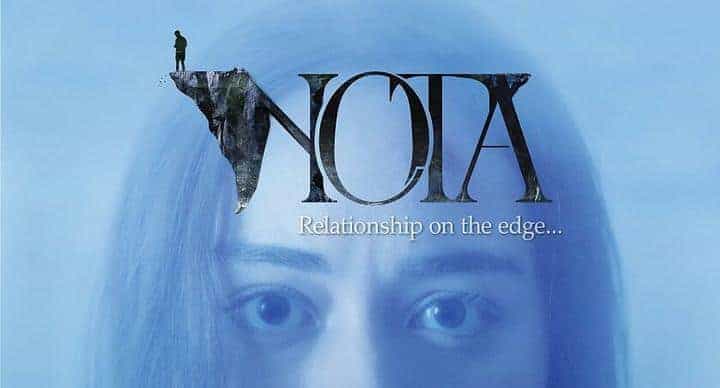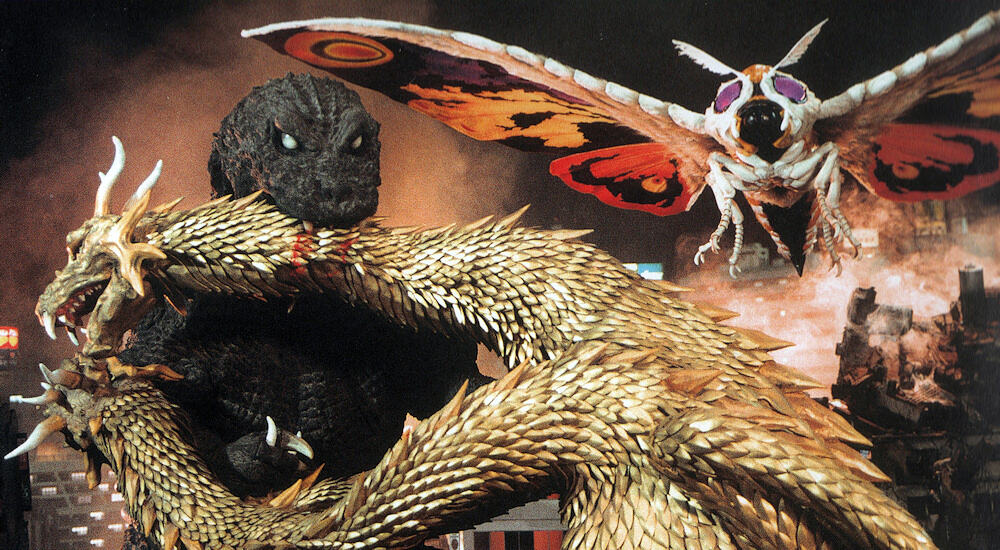During this pandemic, we have watched and reviewed a rather large number of “quarantine films”, since the creativity of many directors could not be contained due to the lockdown. It is the first time, though, to watch a kaiju one, and a black and white one for that matter, with Shunji Iwai getting particularly creative on how to achieve something like that. First hint? Capsule Kaiju.
The 12 Day Tale of the Monster That Died in 8 is screening at International Film Festival Rotterdam

The inspiration behind the movie came from special-effects wizard Shinji Higuchi, who initiated an online challenge titled Kaiju Defeat COVID, where the idea was to catch an invisible monster, fuse it with your own Godzilla toy monster, and send the strengthened creature to crush the virus. Higuchi even put an instruction video on Youtube and Iwai took up the idea and turn it into a 12-part internet series about the way model/actor/director Takumi Saitoh (playing himself) passes his solitary-confinement days by raising three tiny monsters, so-called capsule kaiju: Avigan, Remdesivir and Ivermectin. The series was then expanded to the present movie.

The story takes place in a setting where both aliens and monsters actually exist, and focuses on Takumi Saitoh (all actors here play a fictionalized version of themselves) who is trying to grow three capsule-kaiji, which, at the beginning, are no bigger than marbles, while streaming their progress every day for the public. The rest of the narrative revolves around Saitoh shooting these episodes, while interacting, through Zoom, with a number of his friends. These include Higuchi, Rena Nounen, who is accompanied by an invisible alien at all times, and So Takei, who actually plays So Okamoto, a man who has financial problems, particularly because he has to provide for his family in Thailand. To get more info on how to grow his monster, Saitoh also watches a show on TV, where Kasu Moe (played by Moeka Hoshi) shows the progress of her own kaiju, in her bathtub. Something does not seem to be going well with his kaiju, however…
As is the case with the overwhelming majority of quarantine films, they are an experiment in some way, since shooting in lockdown is not something filmmakers chose to do in the past. Shunji Iwai experiments himself, by adding many elements of pop culture, plus the whole sci-fi aspect, in a way, though, that does not require any kind of SFX, with the only such element being the presence of Higuchi, essentially. Particularly the concept of the invisible alien highlights this approach even more, while also adding to the overall sense of humor that permeates the narrative, occasionally in absurd manner. This element comes forth mostly during the ending, where the two plot twists reveal more among the characters participating here, in hilarious fashion.
Furthermore, Saito's evident charisma fills the screen once more, even in this case, where he has to play his normal self, with Rena Nounen and So Takei following close behind in that regard.
The film could become tedious since the narrative essentially comprises of video calls for the most part, but Shunji Iwai has included some dancing segments of people dressed in Kaiju masks under the music of a trio that Iwai also participates. These brief scenes, which occasionally take place in exterior spaces, provide a much needed relief, and also an additional humorist element, through the appearance of the dancers and how irrelevant to the rest of the film this part is.
“The 12 Day Tale of the Monster That Died in 8” is one of the most interesting quarantine films we have seen, but at the same time, the sense that something is missing, particularly when compared with Iwai's previous works, is equally evident.















